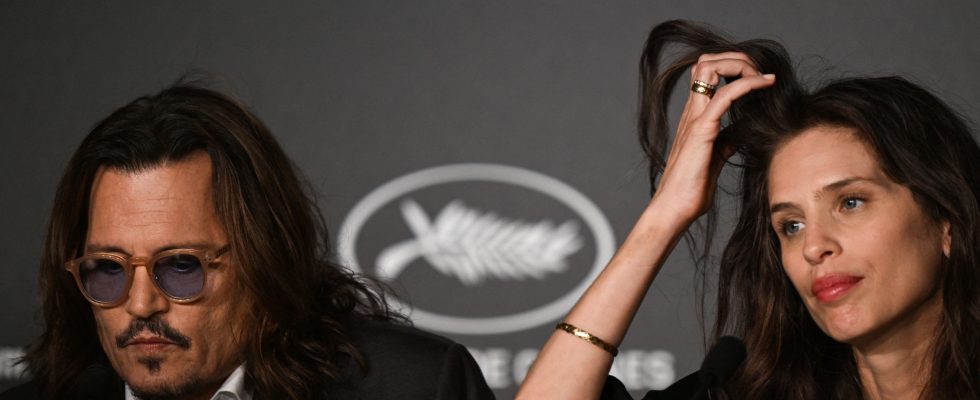Maïwenn’s film, Jeanne du Barry, was met with moderately favorable reviews, to say the least. We did not appreciate that the director seems, through Du Barry, to tell her personal story of social ascent through association with the powerful. This narcissism displeased. Others cringed by making the connection between the apology of this life of favorite and the recent feminist movements (#MeToo) denouncing the droit de seigneur still at work in many circles. Still others were moved that we entrust Johnny Depp, struggling with justice for acts of spousal abuse, the main role, and even a role at all. In short, this film had everything to exasperate a certain contemporary sensibility which seeks in everything the mirror of its political preoccupations, making art a sounding board for the debates of the day. To all these, Maïwenn’s film appeared as a provocation. And they are right. This movie is a scandal. But a much deeper scandal, much more serious, in a sense, a more serious scandal, because it is an aesthetic scandal.
Some critics have pointed to the visual quality of the film, to rejoice cum grano dirty (“we see the budget”, says Eric Neuhoff) or to make fun of it (one critic speaks of “tourist plans”). The truth is that everything in this film is a celebration of Versailles, the stone of Versailles, the waters of Versailles, the lights of Versailles, the mirrors of Versailles, the golds of Versailles, the fabrics of Versailles. In short, the flesh of Versailles. Admittedly, the usages of the Court are mocked. The ceremonials make you smile. Certainly, the Du Barry’s transgression of constraints and corseted mores is celebrated. But this is not what, in this film, arouses the emotion. It is not even the story between Joan and the king, certainly touching but, basically, quite well known (it is moreover striking that no hostile critic has questioned this story other than from the point of view of current militancy : there would be a lot to say about it). Emotion is the immense tenderness, the unexpected taste, the intuitive knowledge of a director of today for a setting commonly considered as the vaguely old-fashioned backdrop of reviled regimes, to the point of making it a protagonist of his film.
The true colors of Versailles
This is no exaggeration. The director never ceases to stage the wonder of Jeanne. Jeanne goes into ecstasies in front of her apartments, she plays in the pools, she rolls around in the lawn of the parterres, she dances in the Hall of Mirrors, she runs up the grand staircase of the gardens, in a plan that would make one believe that he climb up to the sky. Versailles becomes a kind of miraculous place which is not for nothing in the efflorescence of its loves – and when winter comes, it freezes the heart and the park at the same time. The director takes great pains to film the shadows cast by the candles, but not at all like Kubrick filmed the 18th century in Barry Lyndon, as has been said. In Barry Lyndon, the lights give the atmosphere something of a bronze and sensual halo. At Maïwenn, chiaroscuro prevails, the mystery of secret corners, the pale light of early morning, which are the true colors of Versailles. It thus goes against all those filmmakers (such as Sofia Coppola) who see in Versailles an architectural boast, not to mention those who contrive to see in the 17th and 18th centuries a taste for splendor tinged with filth and shit. Versailles can welcome ugliness, wickedness and stupidity: its beauty in the end always seems a consolation, like the books Jeanne reads ardently, like the moments of private happiness snatched from public conventions. Versailles is happiness made of stone, water, gardens.
What hangs over this film is the omen of a bloody end, which will give back to politics its rights. Philosophers will take precedence over aesthetes. So goes History, which will also carry the Du Barry and his unbridled desire to live on the scaffold. Yes, it is scandalous to say today that there was a time before that when the reflection of the sky on the basins of Versailles and the pattern of a taffeta counted more than the clamor of public debate. His opponents were right to hate this film, because it is politically irresponsible. Maybe even apolitical. Even anti-politics. It is a happy and beautiful scandal.
